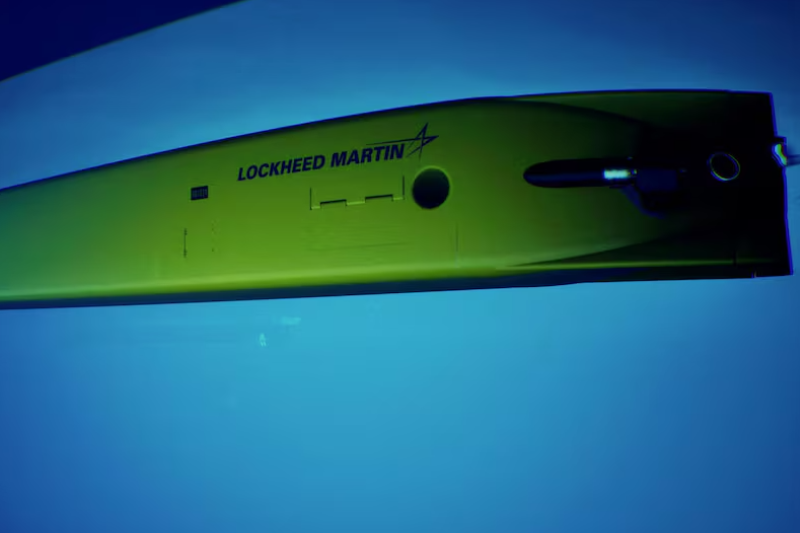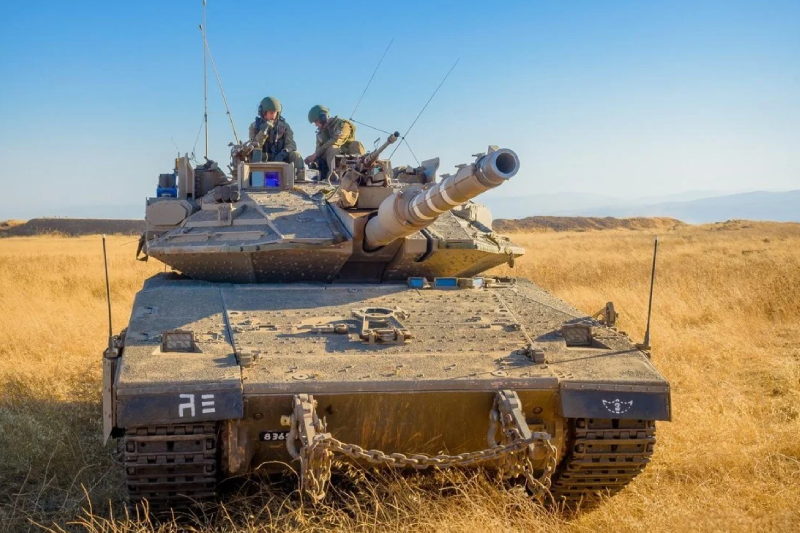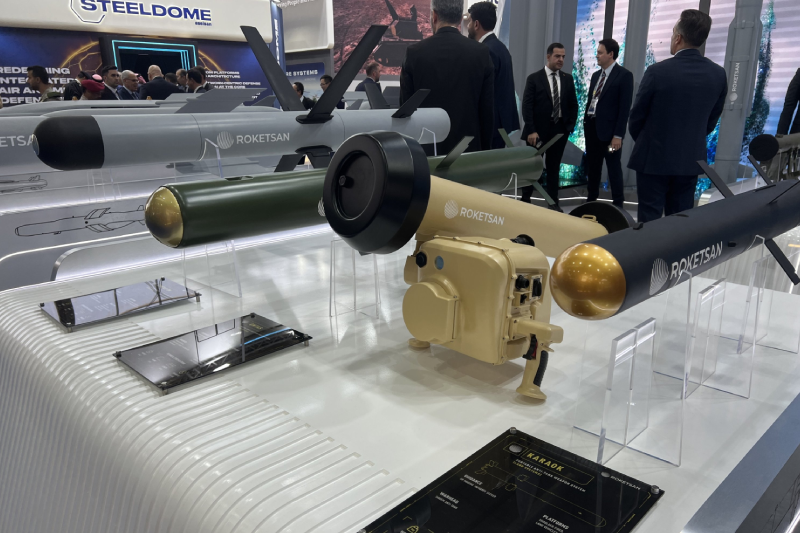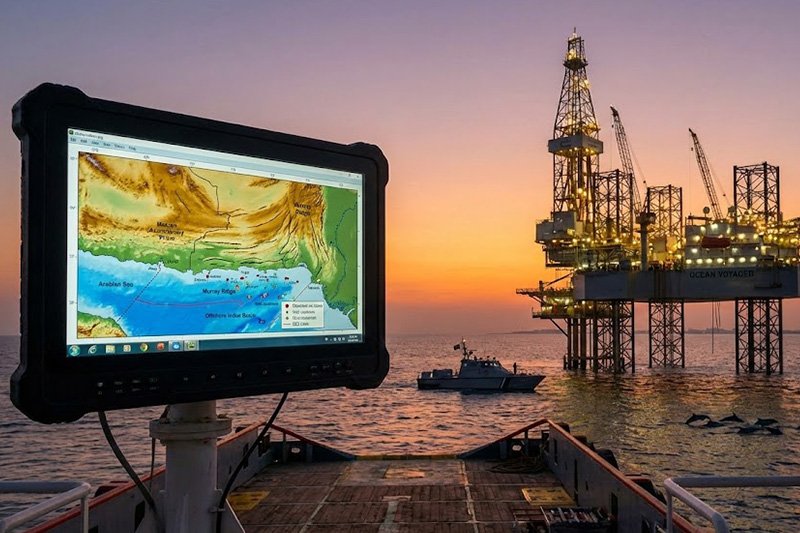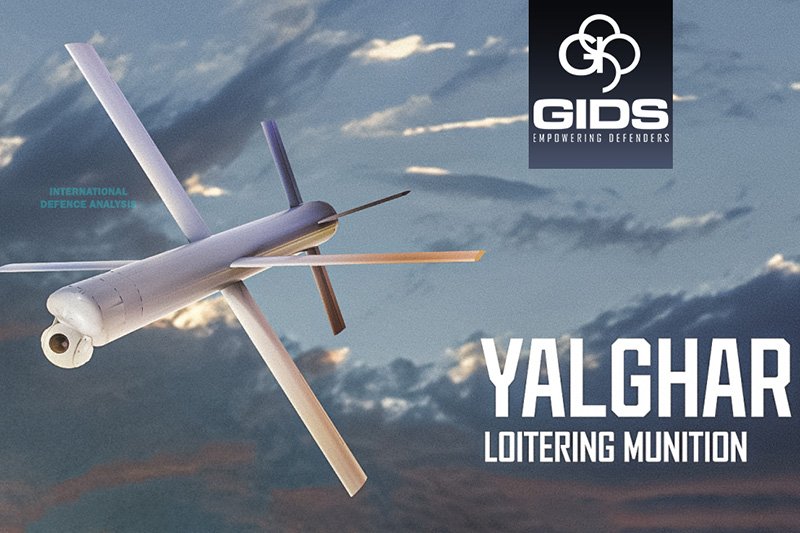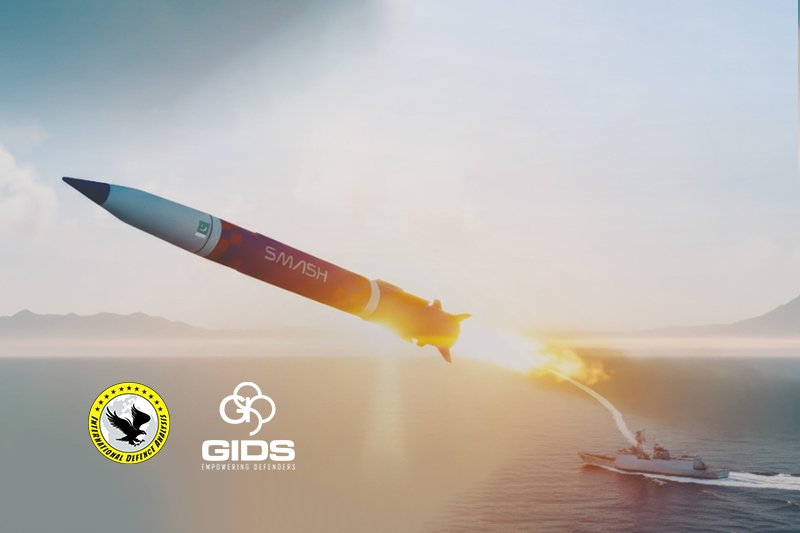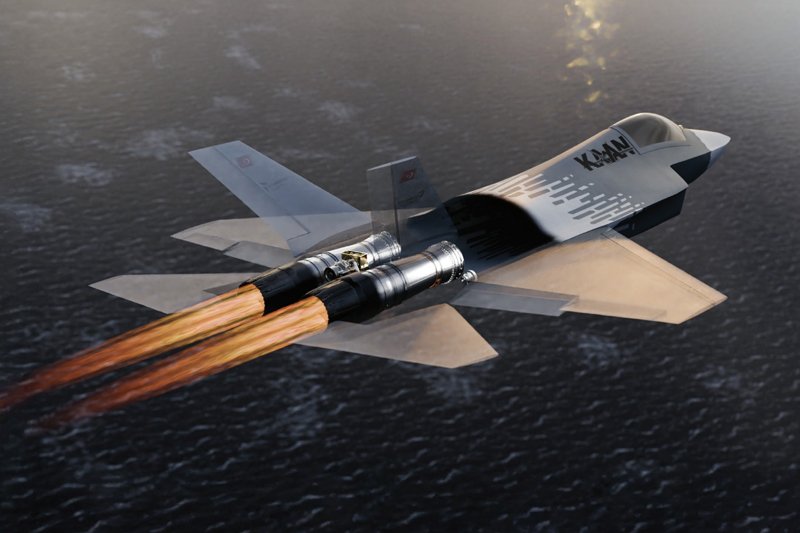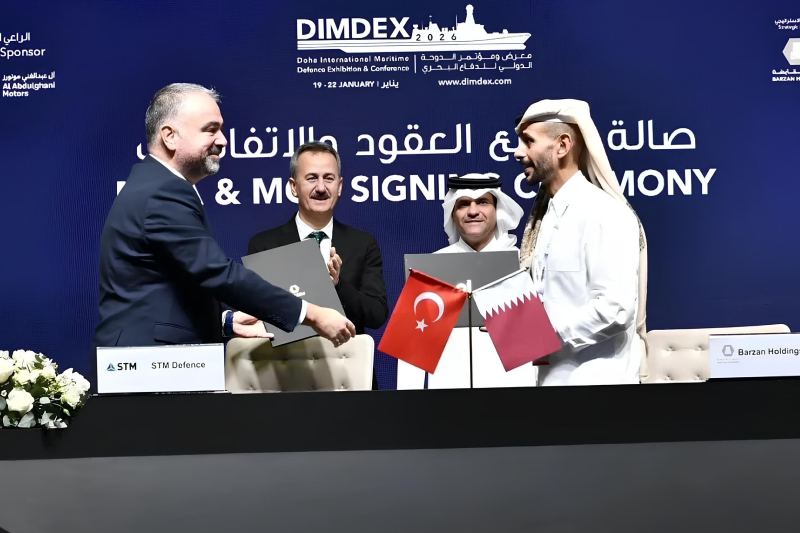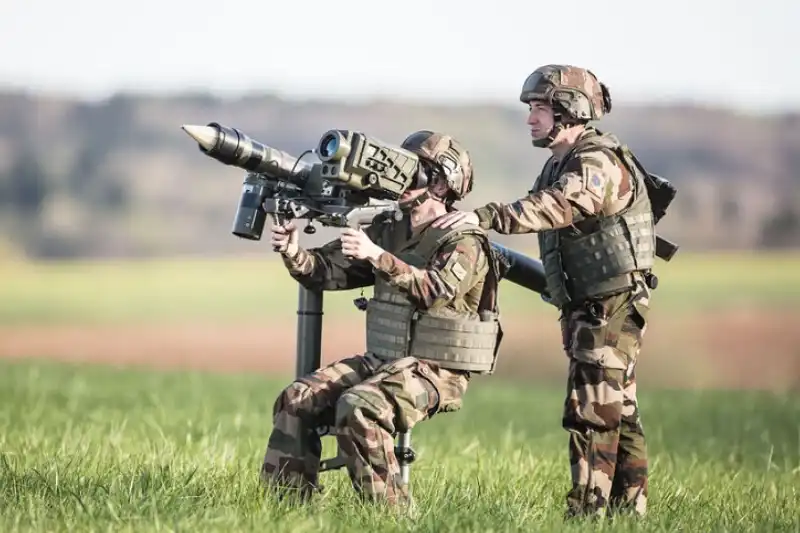Estonia’s €200M Deal with MBDA Signals Stronger Air Defense Strategy
The Estonian Centre for Defence Investments (ECDI) has signed a €200 million contract with French defence company MBDA for the supply of Mistral 3 short-range air defence systems. This significant procurement represents Estonia’s commitment to modernizing its air defense capabilities amid evolving security challenges in the Baltic region.
The contract follows a strategic timeline that began with international cooperation initiatives in 2023, culminating in this substantial investment in proven European defense technology. Estonia’s decision to upgrade its air defense systems reflects the nation’s proactive approach to addressing contemporary aerial threats while maintaining interoperability with NATO allies.
International Cooperation Framework Drives Strategic Procurement
France, Belgium, Cyprus, Estonia and Hungary signed a framework cooperation agreement for the joint acquisition of the Mistral 3 ground-based air defence system during the Eurosatory 2024 defense exhibition. This collaborative approach demonstrates how European nations can leverage collective purchasing power to access advanced defense technologies more effectively.
The joint procurement framework, spearheaded by the French Defense Procurement Agency (DGA), enables participating nations to benefit fromistm economies of scale while maintaining sovereign control over their defense acquisitions. This model has proven particularly effective for smaller European nations seeking to enhance their defense capabilities within budget constraints.
European Union Support Strengthens Defense Industrial Base
The project will receive funding of EUR 60 million out of a total EDIRPA budget of EUR 300 million from the European Union, demonstrating broader European commitment to strengthening collective defense capabilities. The objective is to reinforce the joint air defence and anti-missile capacities of nine member states (Belgium, Cyprus, Denmark, Estonia, France, Hungary, Romania, Slovenia and Spain).
The European Commission has selected a joint procurement project for Mistral 3 missiles, led by France, as one of five initiatives approved on 14 November 2024. This EU endorsement underscores the strategic importance of the Mistral 3 system in European defense planning and the value of cooperative procurement mechanisms.
Advanced Mistral 3 Technology and Capabilities
The Missile Transportable Anti-aérien Léger (English: Transportable lightweight anti-air missile), commonly called Mistral, is a family of French infrared homing multipurpose short range air defense system manufactured by MBDA France with decades of proven performance. The Mistral 3 represents the latest evolution of this technology, incorporating advanced infrared guidance and image processing capabilities.
The system operates on a “fire-and-forget” principle, weighing 20 kilograms and featuring sophisticated targeting systems capable of engaging diverse aerial threats. With operational speeds reaching Mach 2.7 and equipped with a 3-kilogram warhead, the Mistral 3 provides effective defense against fighter aircraft, helicopters, drones, and cruise missiles at ranges up to 8 kilometers.
Comprehensive Threat Neutralization Across Multiple Platforms
The Mistral 3’s advanced targeting capabilities enable effective engagement of a wide spectrum of aerial threats, from high-performance fighter jets to emerging challenges like unmanned aerial vehicles and cruise missiles. This comprehensive threat coverage addresses the evolving nature of modern aerial warfare, where adversaries increasingly employ diverse platforms and tactics.
According to MBDA specifications, the system achieves effectiveness rates exceeding 96 percent, positioning it among the most reliable weapons in its class. This exceptional reliability factor is crucial for air defense systems, where successful interception can determine mission success and protect critical infrastructure and personnel.
Strategic Implications for Baltic Region Security
Estonia’s acquisition of the Mistral 3 systems significantly enhances Baltic region air defense capabilities, providing advanced protection against increasingly sophisticated aerial threats. The system’s proven effectiveness against both conventional aircraft and emerging threats addresses the complex security environment facing Baltic nations.
The procurement, moreover, strengthens Estonia’s integration with NATO air defense networks, as the Mistral 3’s advanced capabilities complement existing alliance systems. In addition, this interoperability factor is essential for maintaining effective collective defense in the strategically important Baltic region, where coordinated air defense is crucial for deterring potential adversaries.
Also Read This: US, South Korea, Japan Hold Joint Air Drill During Defense Talks
Defense Industry Cooperation and Economic Benefits
The contract represents successful European defense industrial cooperation, demonstrating how smaller nations can access cutting-edge technology while contributing to the broader European defense industrial base. France, Belgium, Cyprus, Estonia, and Hungary have signed an agreement with MBDA to jointly acquire at least 1,500 Mistral 3 ground-based air defense systems, creating substantial economies of scale.
MBDA’s success in securing this multinational contract reinforces the company’s position as a leading European defense contractor, showcasing the competitiveness of European defense technology in the global marketplace. The deal supports continued investment in missile technology development and manufacturing capabilities across Europe.
Future Defense Modernization and Delivery Timeline
MBDA Spain has announced that deliveries of the new Mistral 3 anti-aircraft missiles for the Armed Forces will begin in 2026, indicating the production timeline for the broader European procurement program. While Estonia’s specific delivery schedule remains undisclosed, the system’s modular design ensures adaptability to evolving threat environments.
The successful completion of this procurement through international cooperation frameworks may serve as a model for future defense acquisitions, demonstrating how smaller nations can achieve significant capability enhancements through strategic partnerships and collaborative procurement approaches that benefit all participating nations.
Keep connected with us at Facebook, Twitter, YouTube, Instagram & TikTok for the latest defense happening around the globe.
Discover more from International Defence Analysis
Subscribe to get the latest posts sent to your email.



